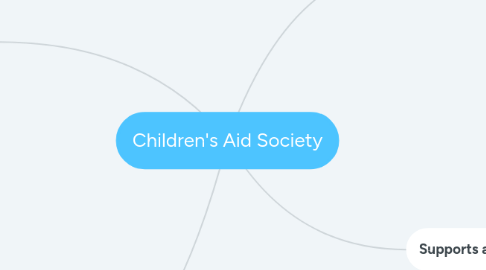
1. Equity, Inclusion and Cultural Diversity
1.1. The CAS, where possible, tries to reduce any barriers that limit, impede or frustrate any person's ability to access its services and processes, especially when these barriers relate to an equality rights status, such as disability, age, sexual orientation or ethnicity.
1.2. Interpretation in languages other than English and French are offered to help families receive the support needed
1.3. Foster homes are expected to maintain the child’s connections with family, community and culture.
1.4. CAS requires that foster parents and families interested in adopting be sensative to cultural differences and backgrounds of children
1.5. The values, lifestyle, education, religion, cultural heritage and other characteristics which are important to the birth parents are considered carefully when choosing the child’s adoptive parents
1.6. Openness between the foster child, foster parents and birth parents is considered as a way to support the culture for the adopted child
1.7. When children are unable to remain in their family home, every effort is made to place a child in a home sensitive to their racial, ethnic, cultural and religious background
1.8. CAS is currently calling for parents from different cultures, or parents willing to foster children from different cultures and who have special needs to become foster parents
2. Access to Services and Programs
2.1. Foster parents have access to a foster care worker, 24-hour on-call child and youth counsellor support, mentoring support and on going training
2.2. Families and children that are at risk and are having difficulties have access to the services and programs offered by CAS
2.3. Clients of CAS have access to the services and programs
3. Mission, Vision and Goals
3.1. The Children's Aid Society is committed to protecting children from the community from abuse and neglect.
3.2. CAS works with community partners to ensure the well being of children and strengthen the capacity of their families and the communities where they live
3.3. To keep children safe and secure in their families and communities
4. Supports and Servies
4.1. Adolescent crisis intervention program
4.1.1. The Adolescent Crisis Intervention Team provides services to adolescents and parents who are experiencing serious difficulties that could lead to the disintegration of family ties
4.2. The Infant and Toddler Stimulation Program
4.2.1. This program offers playgroups, interactive learning techniques and group discussions for high risk parents
4.3. The Head Start Nursery Program
4.3.1. This program program focuses on the social, emotional and cognitive skills for children who have come into contact with CAS, and that are required to integrate into the regular school system.
4.4. The family Support Program
4.4.1. This is an intensive home-based service provided to the most high-risk, vulnerable children in the Ottawa region. The program helps families deal with issues of poverty, drug and alcohol abuse, family violence, mental health problems, developmental challenges, and the cyclical nature of abuse.
